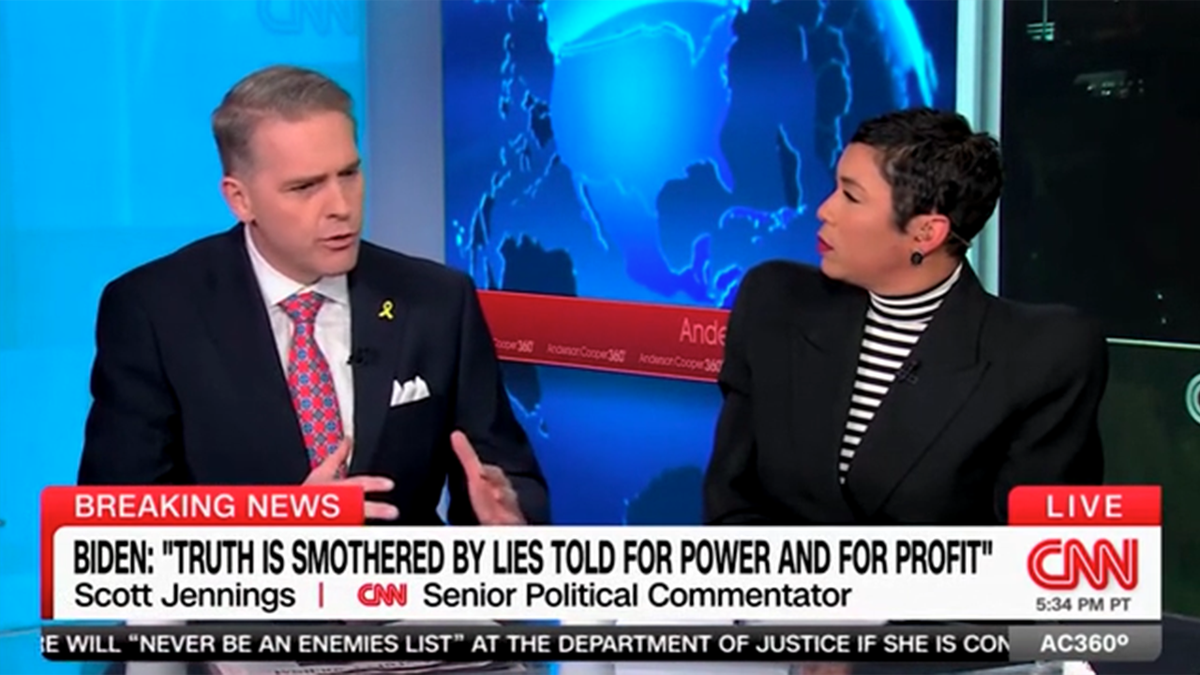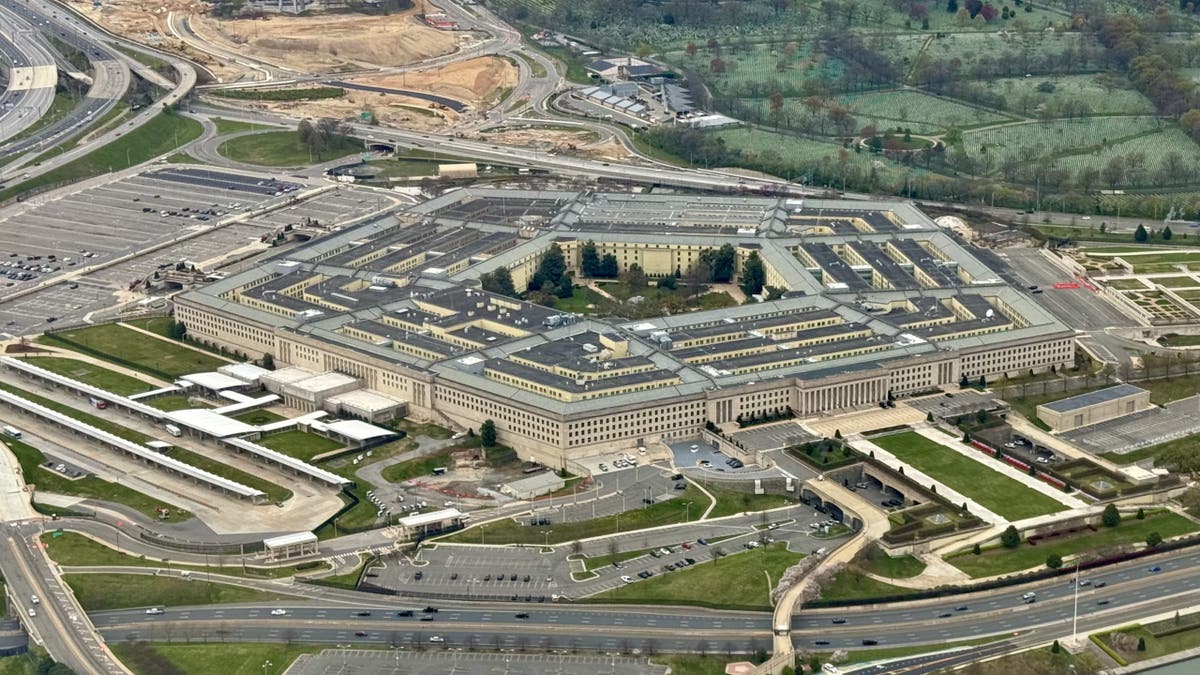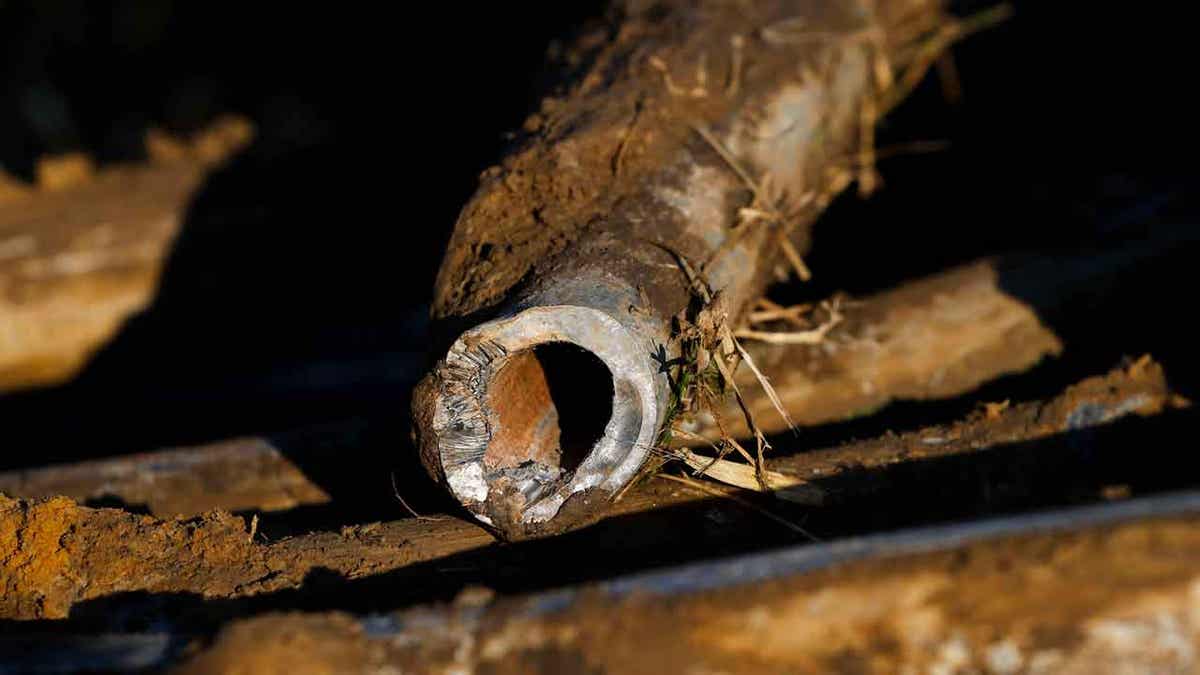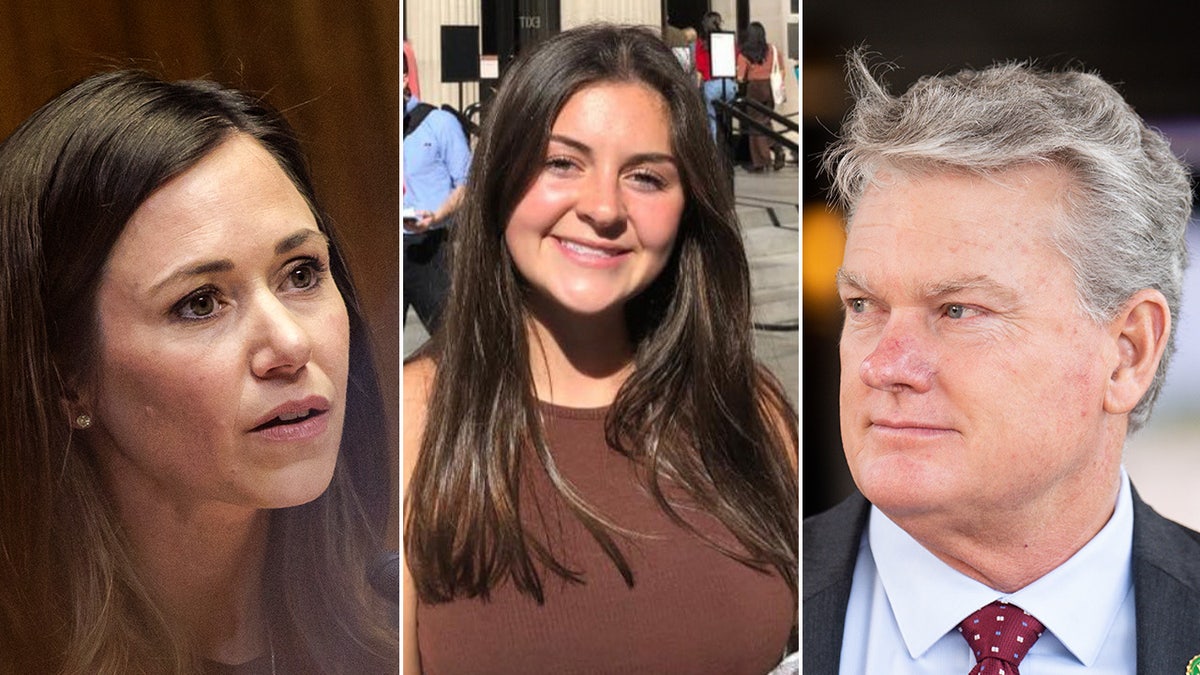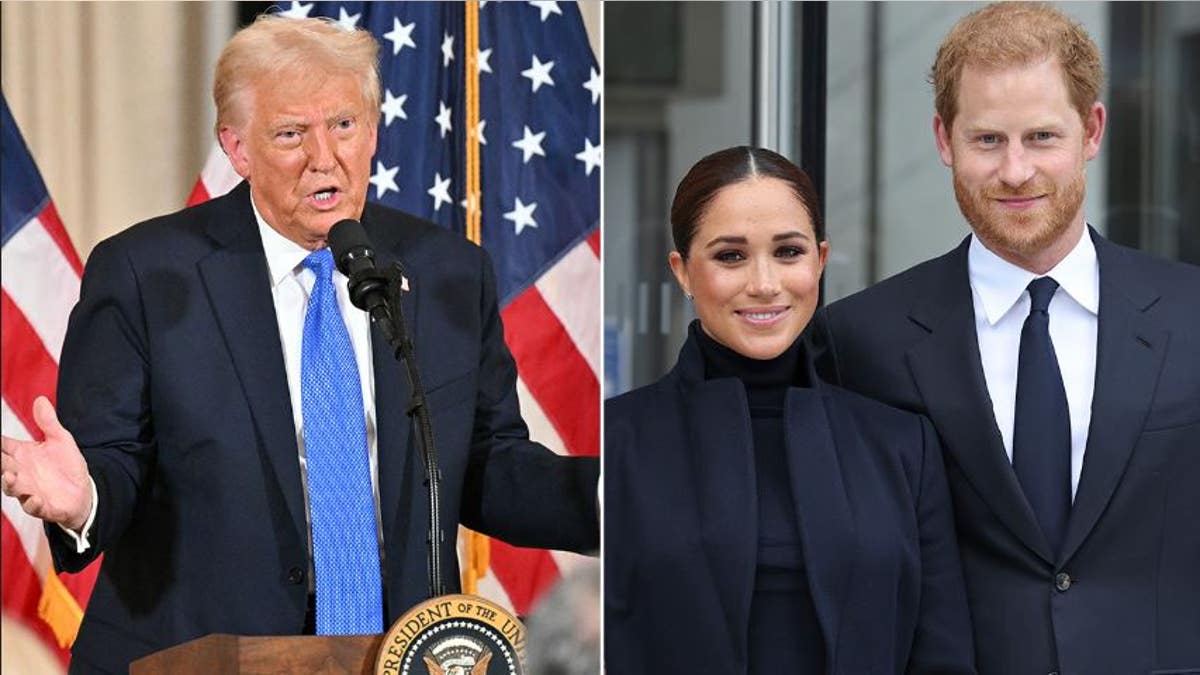Wisconsin's legislature is moving forward with a significant overhaul of its alcohol laws, including new regulations for wedding barns. A bipartisan Assembly committee overwhelmingly approved the measure, despite concerns from barn owners who fear the changes could threaten their businesses. The bill addresses a legal gray area surrounding these increasingly popular venues, requiring those hosting more than six events annually to obtain liquor licenses. Supporters argue this levels the playing field with established businesses like banquet halls and taverns, ensuring public safety and fair competition.
This comprehensive legislation tackles various aspects of Wisconsin's alcohol industry, from production and distribution to sales and licensing. It seeks to modernize the state's three-tier system, a framework established in the 1930s. While wedding barn regulations are a key component, the bill also addresses other areas, including the creation of a new division within the Department of Revenue to oversee alcohol laws, extended hours for wineries, and new opportunities for brewpubs. The proposal has garnered widespread support from major alcohol producers, distributors, and retailers, as well as smaller craft breweries, highlighting a rare consensus within the industry.
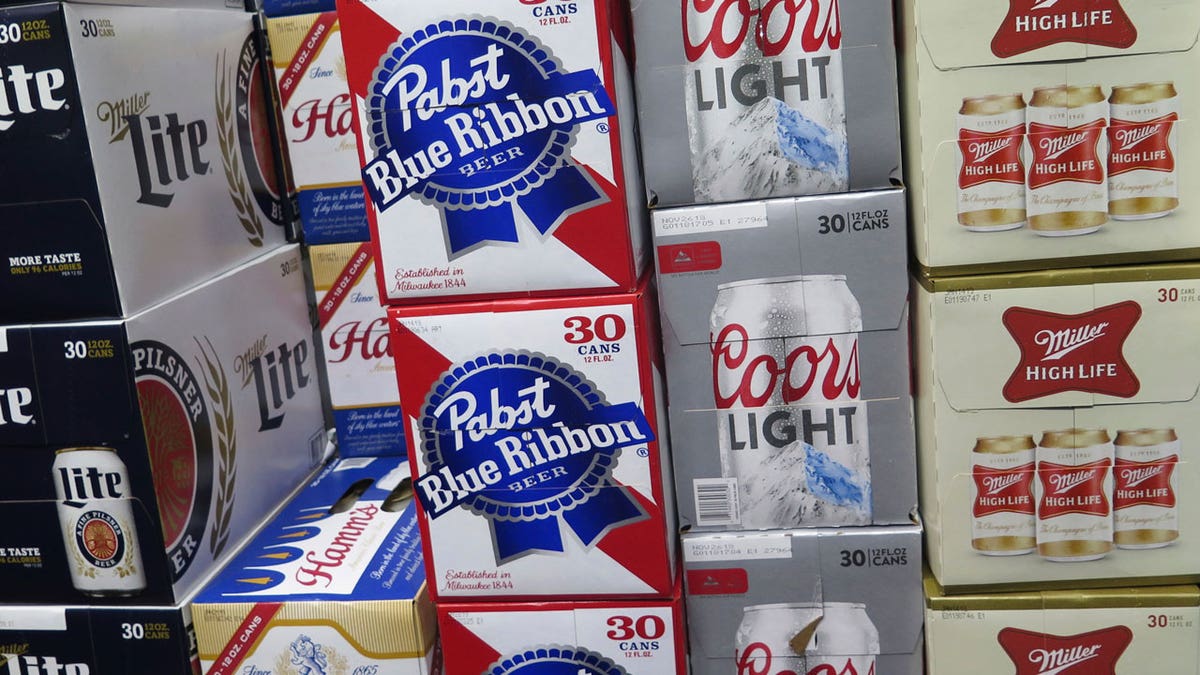
The image shows stacked cases of beer, symbolizing the alcohol industry impacted by the proposed legislation. The caption clarifies that the photograph is a file image from the Associated Press, not directly related to the Wisconsin wedding barn issue.
The bill now awaits a decision from Democratic Governor Tony Evers, whose administration participated in drafting the legislation. While his stance remains unclear, the bipartisan support suggests a strong likelihood of passage. This overhaul represents a significant shift in Wisconsin's alcohol landscape, aiming to balance the interests of various stakeholders while adapting to the evolving nature of the industry.

